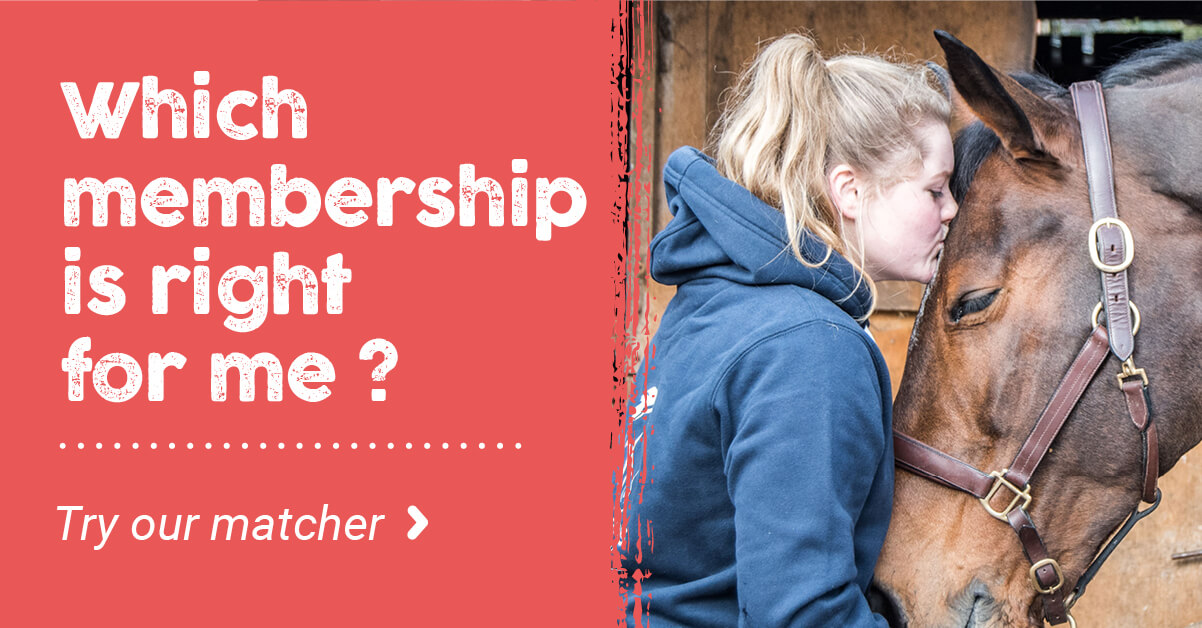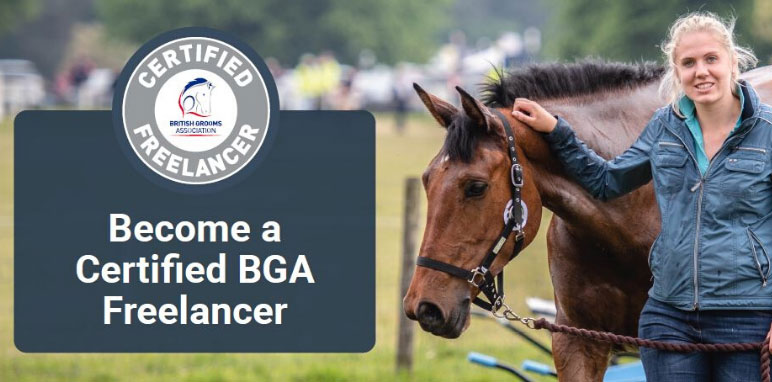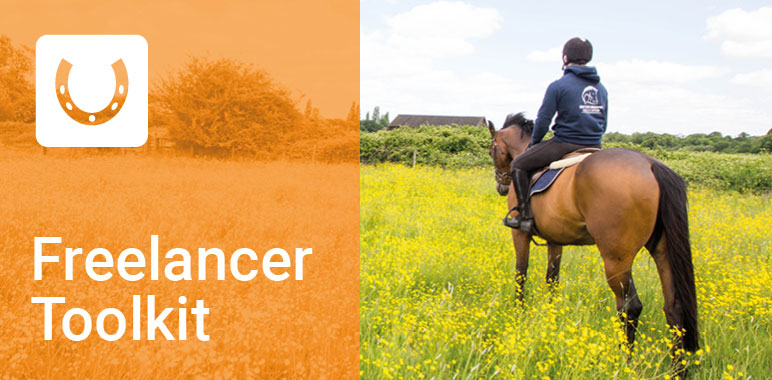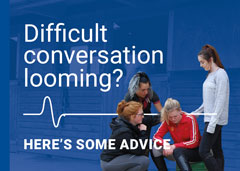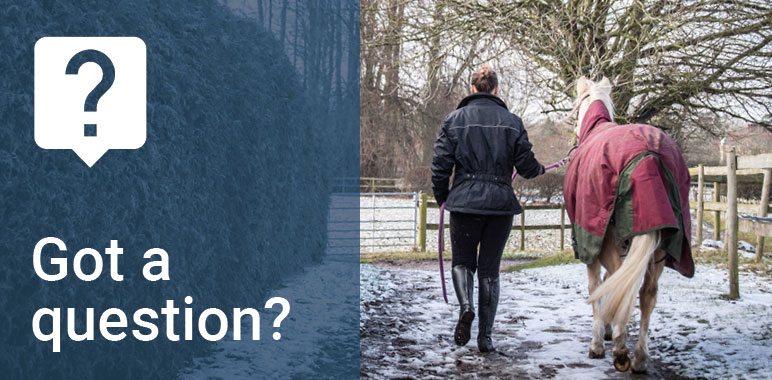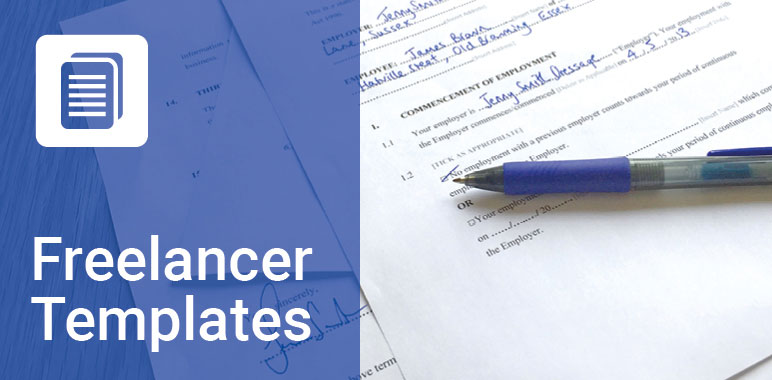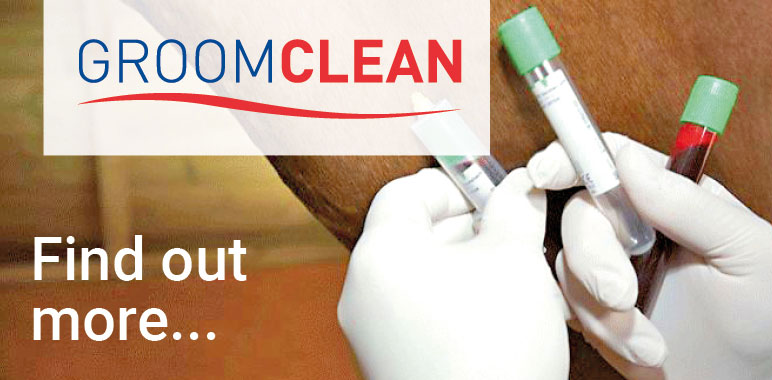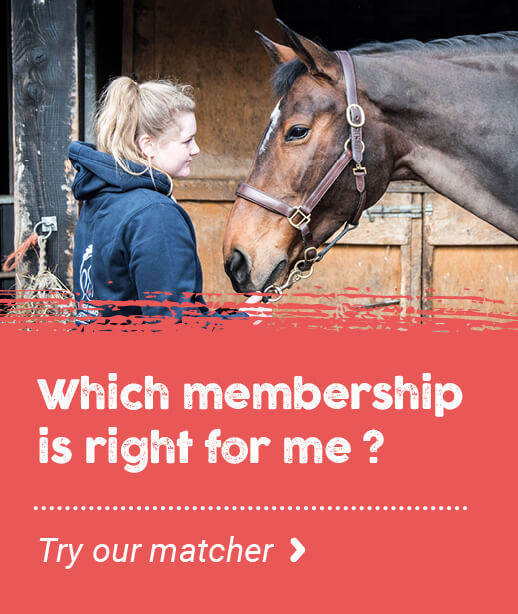- Join Now
- Login
- Member Zone
- Your Career
- Freelancing
- International Grooms Association
- BGA Training
- Healthy Yard Healthy Horses
- Transporting horses
- Brexit
- Safe workplace
- Student Zone
- Member Discounts
- BG Magazine
- Member services
- My employment
- Am I employed correctly
- Grooms Minds
- Safeguarding
- Legal Helpline
- BGA guide to the National Minimum Wage
- Training & Careers
- BGA CV Creator
- Horse groom training
- Where to Train
- BGA E Learning
- Career choices
- Change to Racing
- First Aid training for grooms
- Parents
- Grooms Jobs
- Grooms Life
- About
- News
- Contact


Today is known as #BlueMonday - the third Monday in January is a recognised day for increased feelings of sadness, low motivation, and lack of energy; all of which can be signs of exhaustion. Let's take this opportunity to talk about the busy life of a groom and why it's important to make your mental health a priority. Life as groom can be a hugely rewarding career but getting the work/life balance right can sometimes be quite a challenge. It’s not just enough to take time away from our responsibilities to do the things we enjoy. It is also important to take time away to prevent slipping into a state of exhaustion and its negative effects on mental wellbeing. Exhaustion, also known as ‘fatigue’ or ‘burnout’, is a state of extreme physical or mental tiredness. Whilst it isn’t a diagnosable condition, a combination of physical, mental/emotional and behavioural symptoms identify that a person is suffering from exhaustion. Exhaustion can be both physical and/or mental. Physical fatigue usually goes away with time and rest, whereas mental fatigue often happens when you're stressed, overworked, dealing with physical exhaustion or injuries, or mental health conditions. Caring roles are both physically and emotionally demanding and often prompt us to put the health of more vulnerable individuals above our own. This very much applies to grooms who regularly put their own health behind the wellbeing of the horses they care for. Both mental and physical exhaustion have clear signs that can impact our functioning and ‘cognition’ including executive function, working memory, attention and processing speed. Our Mental Health Checker tool will be able to point you in the direction of the relevant advice that may help with your current challenges. If you are unable to gain control, please make and appointment with your GP for professional advice. Our Grooms Minds online resource is dedicated to supporting the mental health and well-being of BGA members. The life of a groom can be complex, and so this bespoke project aims to support all that work with horses. There is a library of information available plus a Groom’s Minds support line available 24 hours a day, 7 days a week, a trained helper is always ready to talk to you. To find out more about Grooms Minds click here. Join 1000’s of other grooms and belong to your professional association. The link between exhaustion and poor mental health
15th January 2024
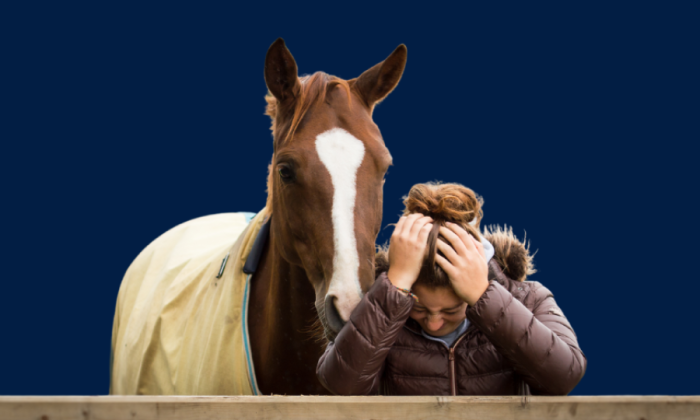
What is exhaustion?
Different types of exhaustion
Signs of Exhaustion
Extreme fatigue: You may feel tired (even after a good night’s sleep) and feel unable to participate in day-to-day activities.
Feeling defeated: You may feel as if you are not making a difference at work, home or in the community.
Self-doubt: When we are having cognitive difficulties, we may question whether we are doing a good enough job.
Memory difficulties: You may find it difficult to remember certain tasks or information, aka ‘brain fog’.
Irritability: You may become irritable or impatient with those around you.
Difficulty making decisions: Stress can cloud our ability to make sound decisions.
Feeling overwhelmed: Sometimes it can feel like our work, home or other life commitments are too much for us and we are ‘drowning’.
Emotional detachment: We may try to detach ourselves from work and personal relationships completely in an attempt to protect ourselves from hurt.
Tips to help overcome exhaustion
Still struggling?
GROOMS MINDS
BLOG ARCHIVE
- 2025 (16 ENTRIES)
- 2024 (52 ENTRIES)
- 2023 (60 ENTRIES)
- 2022 (35 ENTRIES)
- 2021 (24 ENTRIES)
- 2020 (19 ENTRIES)
- 2019 (45 ENTRIES)
- 2018 (36 ENTRIES)
- 2017 (7 ENTRIES)
What the personal accident policy covers you for:
- Whilst at work
- All stable duties – mucking out, grooming, washing off, turning out
- Clipping
- Riding – including hacking and jumping
- Hunting
- Lunging
- Breaking in
- Holding horse for a vet and other procedures
- Travelling horses both in the UK and abroad
- Competing in line with your job including: jumping, dressage, eventing
- Injuries that may happen to you whilst you are teaching - but you must also be grooming as part of your duties and not be a sole instructor
What the personal accident policy doesn’t cover you for:
- Riding in a race, point to point or team chase
- Stunt Riding
- Accidents occurring whilst travelling to and from work
- Riding and competing your own horse (but you can upgrade when applying for membership to include this)
- Public Liability – this is a separate insurance policy - the Freelance Groom Liability Insurance
- Care Custody and Control – this is a separate policy - the Freelance Groom Liability Insurance
If you require additional cover then please contact KBIS directly.
| GROOM | RIDER | EMPLOYER | |
|
When you are working for other people you do most of the following; muck out, turn out/catch in, tack up, groom horses, exercise Horses (including hacking, jumping and schooling), in the care of your employer/client. |
|
|
|
| Predominantly ride horses for other people including schooling, exercising and competing. | NO |
YES |
YES |
| Provide grooming services for someone else either full time or on a freelance basis i.e. an employer or a client. | YES |
NO |
NO |
| Employ staff – have an employers liability policy in your name | NO | NO | YES |
| Buy and sell horses | NO | YES | YES |


